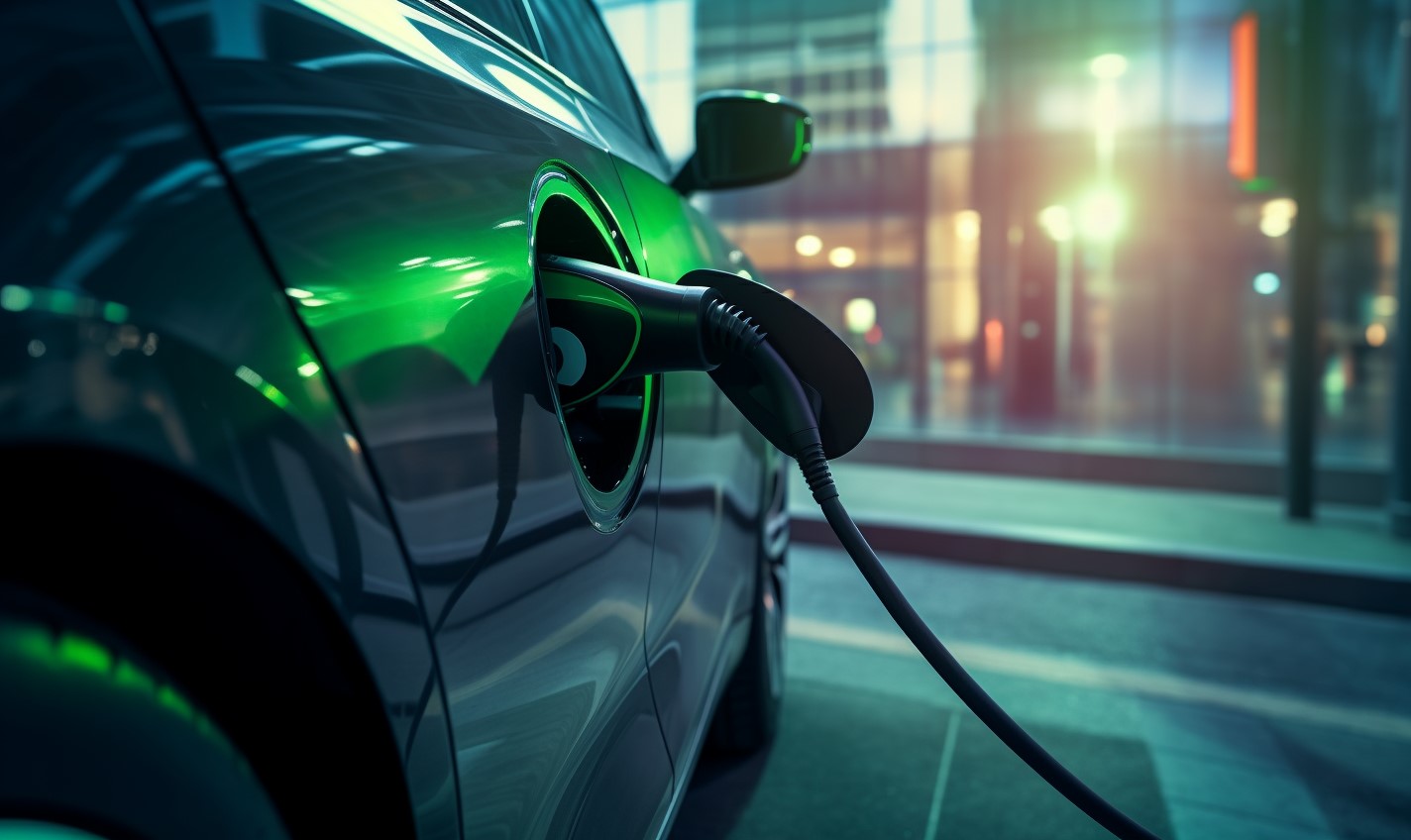The U.S. Department of Energy (DOE) deals with all of the nation’s energy requirements. You’ve probably heard about the organization in the news frequently but may not know much about it. No worries. Keep reading to understand — why is the Department of Energy important?
Why Was the Department of Energy Created?
President Jimmy Carter made the organization in 1977, in part to respond to what some people consider the world’s first “oil shock.” It happened in 1973 when Arab member nations of the Organization of Petroleum Exporting Countries (OPEC) caused trade difficulties by enforcing an oil embargo.
It affected all Western countries backing Israel’s involvement in the Yom Kippur War. The move caused an immediate and dramatic jump in per-barrel oil prices and laid bare a crucial weakness in the United States due to its foreign oil dependence.
Before the establishment of the DOE, several smaller agencies worked independently to take care of the nation’s energy needs. Until the 1970s, energy was abundantly available and relatively cheap.
So, the federal government played a limited role in forming national energy policies. That’s because the private sector fulfilled most energy requirements, and the expectation was that those entities would set the standards.
Jimmy Carter took office in 1977. He envisioned creating one agency with authority over all aspects of energy — from research to production and more. Carter recognized that the 1973 oil crisis was a strong reminder that it was time to streamline American energy efforts. Doing so could prevent similar issues.
This goal resulted in the Department of Energy Organization Act. It passed in Congress, and then Carter signed the Act on August 4, 1977. The Act created the U.S. Department of Energy, which started operating less than two months later, on October 1.
How Is the Department of Energy Structured?
The Energy Secretary, currently Rick Perry, leads the Department of Energy and advises President Donald Trump on matters of energy and nuclear security.
But, there are numerous distinct offices under the DOE umbrella, like the Office of Science and the National Laboratory Operations Board. There are also more than a dozen technology centers and labs operated by the DOE.
DOE projects are impressively diverse. There’s one involving looking for dark matter in new places and with different methods. At another DOE-operated lab, scientists came up with a better process for removing salt from water. This desalination process could help tackle the freshwater scarcity issue occurring in some areas of the country.
The DOE has more than 100,000 employees and contractors, and it got a budget surpassing $28 billion to work with during the fiscal year (FY) 2018.
Nuclear security comprised the biggest chunk of the budget for FY 2019 requests, followed by scientific research and development. One of the Department’s goals in that regard is to achieve exascale computing by 2021.
Why Is the Department of Energy Important?
The Department of Energy oversees all aspects of the country’s nuclear arsenal, from testing it to ensuring its safety or managing the safe disposal of nuclear waste.
It’s easy to see why such responsibilities are crucial for the protection of the country and its inhabitants. But, the DOE’s role shifted during its history, with certain things taking more precedence as the nation’s needs changed.
For example, during the early years of the DOE, energy regulation and development were at the forefront. Then, during the 1980s, nuclear weapons got prioritized. One of the reasons why the Department of Energy is important is that it’s flexible enough to accommodate current energy-related needs while maintaining a future-oriented mindset.
Starting in the early 2000s and continuing now, the DOE emphasized looking for science and technological-based solutions to address the nation’s energy needs, as well as some related to the environment.
In a recent CNBC interview, Perry went against the typical message of the Trump Administration by admitting that humans play a role in climate change.
He stopped short of saying that human-generated greenhouse gases were the main problem behind climate change. And, he didn’t confirm that climate change itself is as dire as many scientists insist. But, Perry did mention that zero-emissions technologies were worth developing.
The DOE will continue to play a role in the nation’s future. That’s because energy is so crucial to everyday life, as well as continual progress — often in ways that members of the public don’t realize right away.
An Essential Organization
It became evident decades ago that the U.S. could not continue to let numerous, disconnected bodies handle the country’s energy requirements. Creating the DOE helped the country make a commitment to addressing the country’s energy needs.
It’ll continue to do that for the foreseeable future and will, hopefully, play a vital role in enabling the United States to get the energy it needs while protecting the planet.
Recent Stories
Follow Us On
Get the latest tech stories and news in seconds!
Sign up for our newsletter below to receive updates about technology trends














